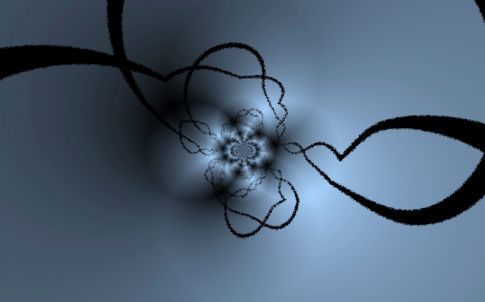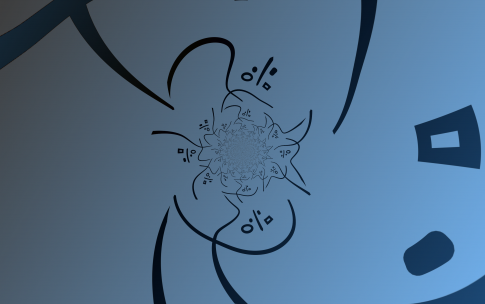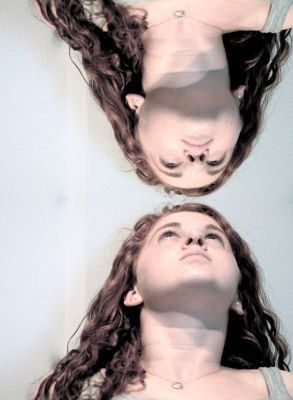
Everyone is talking this week about the dramatic confirmation of inflationary theory: those first-instant gravitational waves whose details may even point--being, if you will, quantum phenomena that went suddenly ultra-macroscopic--toward the correct way to unify QM and GR.
I myself have been musing on rather astonishing work in another field. Will you pardon the intrusion if we talk a little bit about biology?
Recently the big news there was released: an unprepossessing experiment involving a weak acid bath showed it's possible to revert mature, differentiated cells to a stem cell state, allowing for the prospect of wholesale repurposing. The surprise wasn't that reversion (or conversion from one mature type into another) can be done--genetics work in that direction took home a Nobel in 2012--but that it can be done so simply. Since FQXers are a physics crowd, you might say it's a bit like someone offhandedly noticing you can trigger a controlled fusion reaction by rewiring a microwave oven.
This is the angle most science journalists gave the discovery last month: "Outsider runs outrageous experiment, stumbles upon success." Charles Vacanti's brilliance, we were told--"outsider" because he's an anesthesiologist, without even a Ph.D.--came in trying something that anyone could have done, but nobody thought to, because it was just too unlikely. There can be a virtue to not being too educated in a certain field; to get all Zen about it, "In the beginner's mind there are many possibilities; in the adult's mind, there are few."

Alas--you knew this part was coming--it is now looking like the champagne may have been premature. There are certain "improprieties in the data," as it has been politely phrased in the weeks since. (Or, as a friend of mine--himself a Harvard neuroscientist--more trenchantly put it: "A weak acid bath? Give me a break.") One of the photographs in the article has already been confirmed to be a goof. No one is averring foul play, but whether we have a home-run or a whiff is in serious question.
Either way, though, I'm left musing.
Were I to win the Lottery tomorrow, I would immediately do two things: fund FQXi indefinitely and expand it into other fields. Imagine an FQXpb (psychobiology) or an FQXg (genetics). After all, it is not only cosmology and high energy physics that carry foundational questions. Who was it that floated the idea--wacky, but rather wonderful to contemplate--that if "junk DNA" really has no purpose, at some point we might want to mine it for communication, perhaps put there by the species that fabricated us? (In his novel Contact, Carl Sagan came up with lovely notion that pi, when you advance to the point of being able to decipher its pattern, turns out to be an instruction manual on how to operate reality from the beings who engineered this region of spacetime.)
So, in the spirit of FQX bio, let's just assume for the moment that Vacanti et. al. paper is correct. What follows? Therapies for spinal cord injury and damaged heart tissue, by all means; bring them on. But what really would be interesting would be the fact of simple cellular reversibility. This phenomenon would be telling us something completely surprising about what cells are, at a deep level--and what, by extension, we ourselves are.
As a finding, it's counterintuitive. Why should cells, already long since differentiated, be capable at all of reverting to a stem state, as if awaiting reassignment? (As Rabi said of the muon, who ordered that?)
Is this a natural propensity of all cellular life? Is mutability far more common than has been understood? Does cell reversion happen all the time in the body, and we just never noticed it? (Don't scoff; we should remember it was the 16th century before medical science understood the circulation of the blood.) Could this be a key to understanding what cancers are, at a deep level?
From Carolyn Y. Johnson's Boston Globe article of Feb. 17:
"Even normal cells appear to contain a capacity for regeneration far more powerful than anyone knew. This new idea is opening up profound, almost philosophical questions about why cells would have this capacity. [ . . . ]
'It's slowly changed how we think about life, and I know that sounds grandiose, but it's not grandiose at all,' said Dr. Richard T. Lee, a stem cell scientist at Brigham and Women's Hospital."
Life coming to know itself; not too grandiose at all, I should think.
